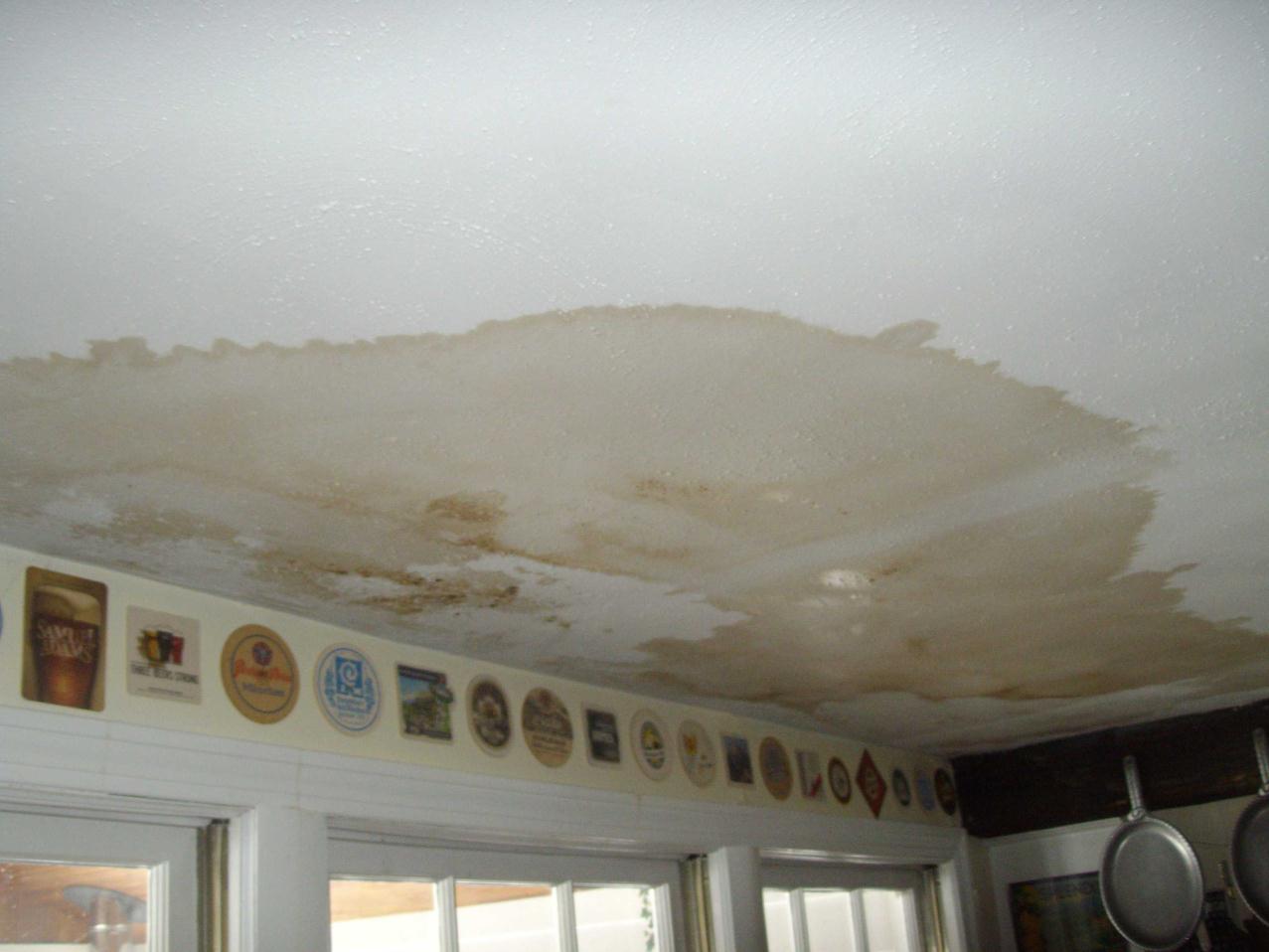Do's & Don'ts of Water Damage.
Do's & Don'ts of Water Damage.
Blog Article
We've found this article pertaining to Fire And Water Damage Prevention below on the net and felt it made sense to relate it with you on my blog.

Water gives life, water invasion on components where it's not meant to be can result in damage. Houses with water damage odor old as well as musty.
Water can originate from numerous resources such as tropical storms, floodings, burst pipes, leaks, as well as sewage system issues. In case you experience water damages, it would be good to understand some safety preventative measures. Here are a couple of guidelines on how to take care of water damages.
Do Prioritize Residence Insurance Coverage Coverage
Water damages from flood dues to hefty winds is seasonal. You can also experience an abrupt flood when a damaged pipeline instantly bursts right into your residence. It would be best to have home insurance coverage that covers both disasters such as all-natural catastrophes, and emergency situations like busted plumbing.
Do Not Fail To Remember to Shut Off Utilities
This reduces off power to your whole home, protecting against electrical shocks when water comes in as it is a conductor. Do not neglect to turn off the primary water line shutoff.
Do Stay Proactive as well as Heed Climate Alerts
Pay attention to evacuation cautions if you live near a river, creek, or lake . Doing so minimizes possible building damage.
Do Not Disregard the Roof
You can prevent rainfall damages if there are no holes and leakages in your roofing system. This will stop water from streaming down your walls and also soaking your ceiling.
Do Take Notice Of Small Leakages
A burst pipe does not take place over night. You might notice bubbling paint, peeling wallpaper, water touches, water discolorations, or dripping sounds behind the walls. Have your plumbing repaired before it results in substantial damages.
Don't Panic in Case of a Burst Pipe
When it comes to water damage, timing is key. Hence, if a pipeline bursts in your house, right away shut off your major water shutoff to cut off the source. Call a trusted water damages reconstruction expert for assistance.
Water offers life, water invasion on parts where it's not intended to be can result in damage. Homes with water damages smell stuffy as well as old.
Water damages from flood dues to hefty winds is seasonal. You may observe bubbling paint, peeling off wallpaper, water streaks, water discolorations, or leaking audios behind the walls. When it comes to water damages, timing is essential.
Water Damage Do and Don'ts
Water damage at your home or commercial property is a serious problem. You will need assistance from a professional plumber and a water damage restoration agency to get things back in order. While you are waiting for help to arrive, however, there are some things you should do to make the situation better. Likewise, there are things you absolutely shoud not do because they will only make things worse.
DO these things to improve your situation
Get some ventilation going. Open up your doors, your windows, your cabinets – everything. Don’t let anything remain closed. Your aim here is to expose as much surface area to air as possible in order to quicken the drying out process. Use fans if you have them, but only if they’re plugged into a part of the house that’s not currently underwater.
Remove as much standing water as you can. Do this by using mops, sponges and clean white towels. However, it’s important that you don’t push or wipe the water. Simply use blotting motions to soak it up. Wiping or pushing could result in the water getting pushed deeper into your home or carpeting and increasing your problem.
Turn off the power to the soaked areas. You will want to remove the danger of electrocution from the water-logged area to do some cleaning and to help the plumber and the restoration agents do their work.
Move any furniture and belongings from the affected room to a safe and dry area. Taking your possessions to a dry place will make it easier to decide which need restoring and repair. It will also prevent your belongings from being exposed to further moisture.
DON’T do any of these things for any reason
Don’t use your vacuum cleaner to suck up the water. This will not only get you electrocuted, but will also severely damage your vacuum cleaner. Use manual means of water removal, like with mops and pails.
Don’t use newspaper to soak up the water. The ink they use for newsprint runs and transfers very easily, which could then stain carpet and tile with hard-to-remove stains.
Don’t disturb mold. This is especially true if you spot a severe growth. Leave the mold remediation efforts to the professionals. Attempting to clean it yourself could mean exposing yourself to the harmful health effects of mold. Worse, you could inadvertently spread it to other areas of the house.
Don’t turn on your HVAC system until given approval from the restoration agency. Turning your HVAC system on before everything has been cleaned could spread moisture and mold all over the house.
https://www.dreyersdki.com/about-us/blog/water-damage-do-and-donts

We had been made aware of that report on Safety Tips To Prevent Fire And Water Damage through someone on our other domain. Do you know anybody else who is occupied with Preventing Fires and Water Damage In Your Home? Feel free to share it. Thanks a lot for taking the time to read it.
Report this page